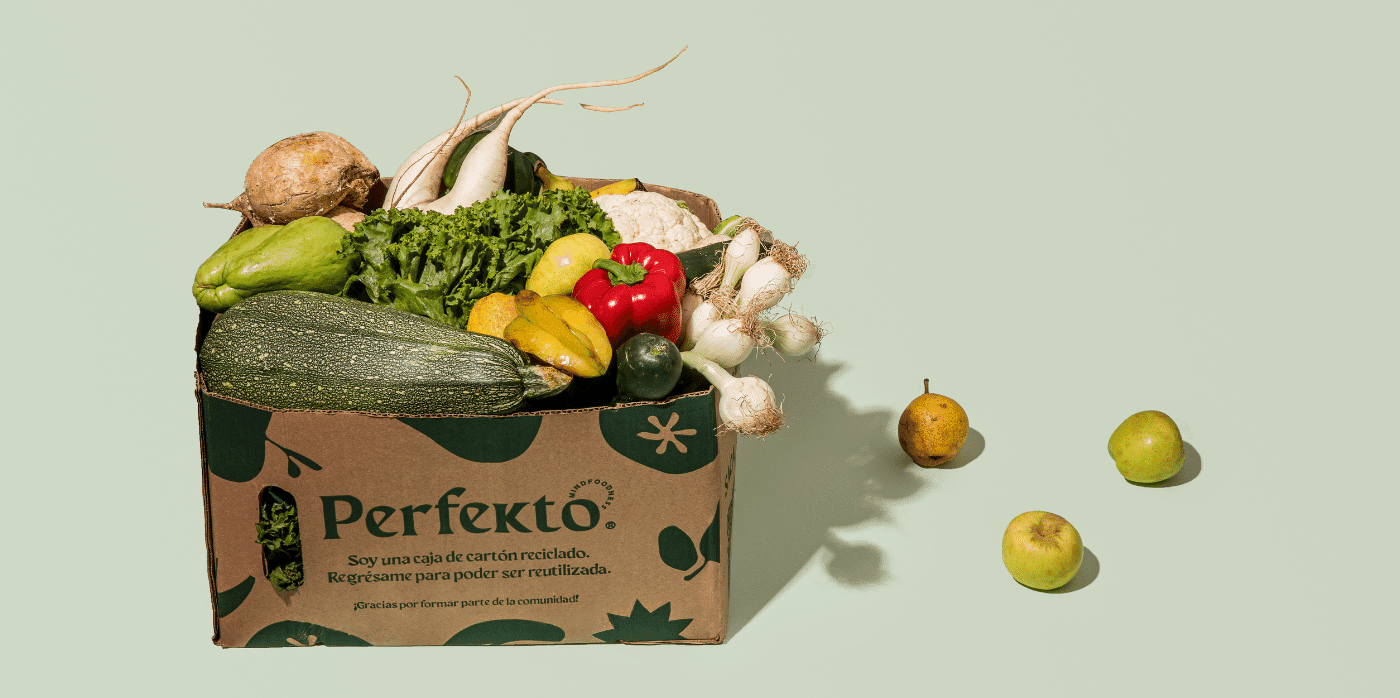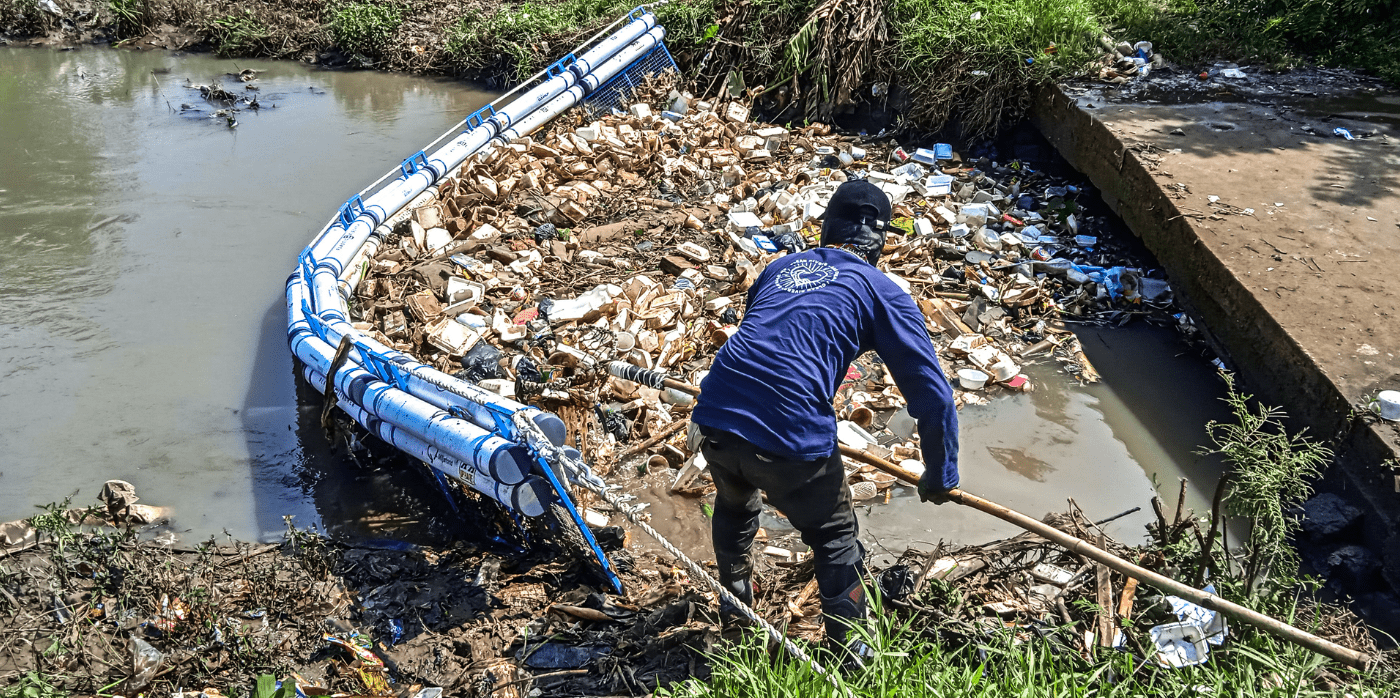A platform stops imperfect food from going to waste in Mexico

Spotted: According to a report by the WWF, more than 15 per cent of usable food is lost before it ever leaves the farm, with the majority of this waste occurring in middle and high income regions. Some of this waste occurs when food is left on the field due to order cancellations, imperfections in food appearance, or a surplus. This represents a tremendous waste of resources. Mexican startup Perfekto is hoping to improve the situation with its delivery boxes.
Launched in 2021, Perfekto works with more than 70 producers to ‘rescue’ food that cannot be sold to suppliers. Subscribers choose from different types and sizes of box, or can request a ‘surprise’ box. These boxes can also be personalised with different types of produce and are then delivered using proprietary software that automates routing and logistics. All of the fruit and vegetables arrive with minimal packaging, and what packaging there is, is returnable to Perfekto for recycling and/or reuse.
Since its origins, the business has grown to more than 3,000 active monthly subscribers. However, the company envisions even bigger things in the future, with hopes of expanding into food other than fruits and vegetables, including those foods that are less likely to sell because of dented packaging. Perfekto recently announced that it has raised $1.1 million (approximately €1.07 million) in pre-seed funding to expand its food rescue programme across Mexico City, improve operations and technology, and expand its catalogue of products.
Perfekto is one of a number of companies that are working to save food from ending up in landfills. Springwise has also spotted a platform that helps hospitality companies manage their inventories to reduce waste, and AI that checks the ripeness of produce.
Written By Lisa Magloff



